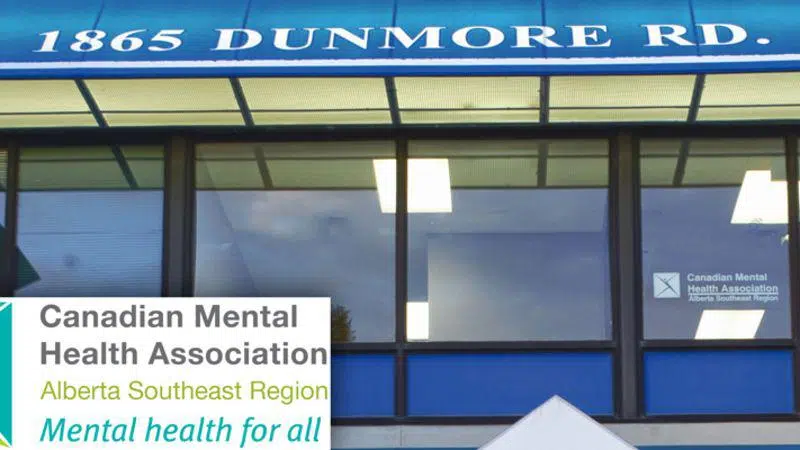
CMHA-ASER – Addiction Crisis Worker Program
The Addiction Crisis Worker (ACW) program is a service that works in collaboration with the Medicine Hat Police Service. In 2017 community agencies got together to explore where support was needed to fill existing gaps in services. The meeting led to a consensus that addiction was the much needed area of focus. Recidivism and improper use of police services, along with other emergency services, due to addiction was an area that needed attention. A partnership was developed between the Canadian Mental Health Association – Alberta South East Region (CMHA-ASER) and the Medicine Hat Police Service (MHPS). The program, named in-house as the Addiction Crisis Team (ACT), now consists of two CMHA – Addiction Crisis Workers that work alongside a MHPS Constable.
The goal of the ACT program is to respond to individuals who are experiencing crisis behaviour due to addiction, and work towards stabilizing the individual’s addiction through streamlined access to community resources and reduce reliance on emergency services. The goal sounds straight forward, but for anyone familiar with addiction, addictive thinking, and addictive behaviour, you will know that the task of stabilization is anything but straight forward. ACT works out of the city police station which puts a unique twist on addiction related services. ACWs have to go through intense police screening, including polygraph exams, in order to have the access needed for the position. This screening process opens the doors to an entirely different way of crossing paths with individuals who may have addiction related issues occurring in their lives.
The intensive screening process enables the ACWs to talk with people experiencing addiction related issues, who are lodged in holding cells. By the time ACT gets involved, the addiction has usually taken over the individual’s life and continues despite many negative consequences. When someone in active addiction becomes ready to reach out for help, often times that window of opportunity is very short. ACWs have witnessed that ‘open window’ of opportunity many times from individuals lodged in cells and are able to capitalize on that moment.
Besides meeting individuals in holding cells, ACT also receives referrals from various community agencies along with the occasional self-referral. Because one of the program’s main areas of focus is on crisis situations, the many referrals are usually examined for program fit. As crisis looks different in every individual’s life, an ACW will meet with them, get to know their individual situation, and explore options. If they are not an immediate fit for the ACT program, ACT tries to connect them to the appropriate resources. ACT will then accompany the individual to these initial meetings which makes for a more comfortable transition to the new service.
